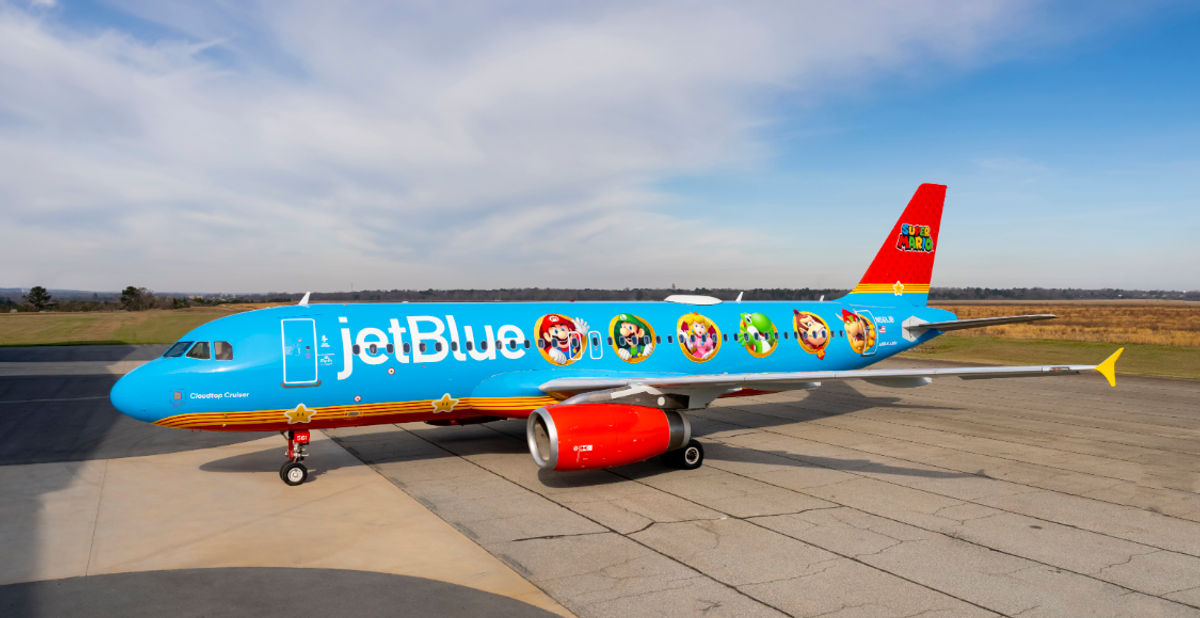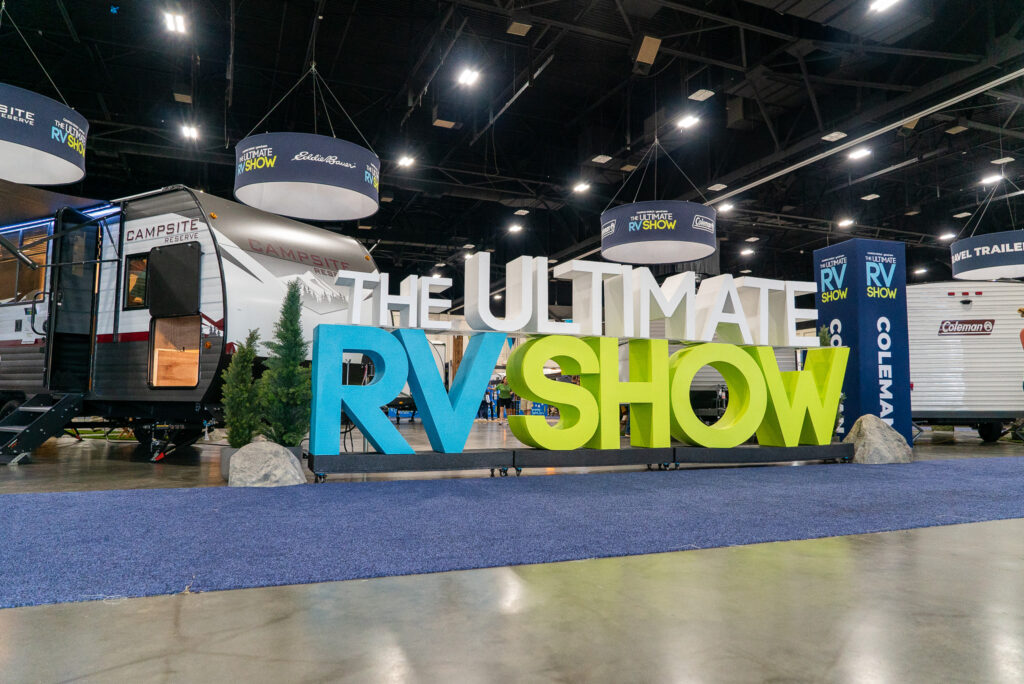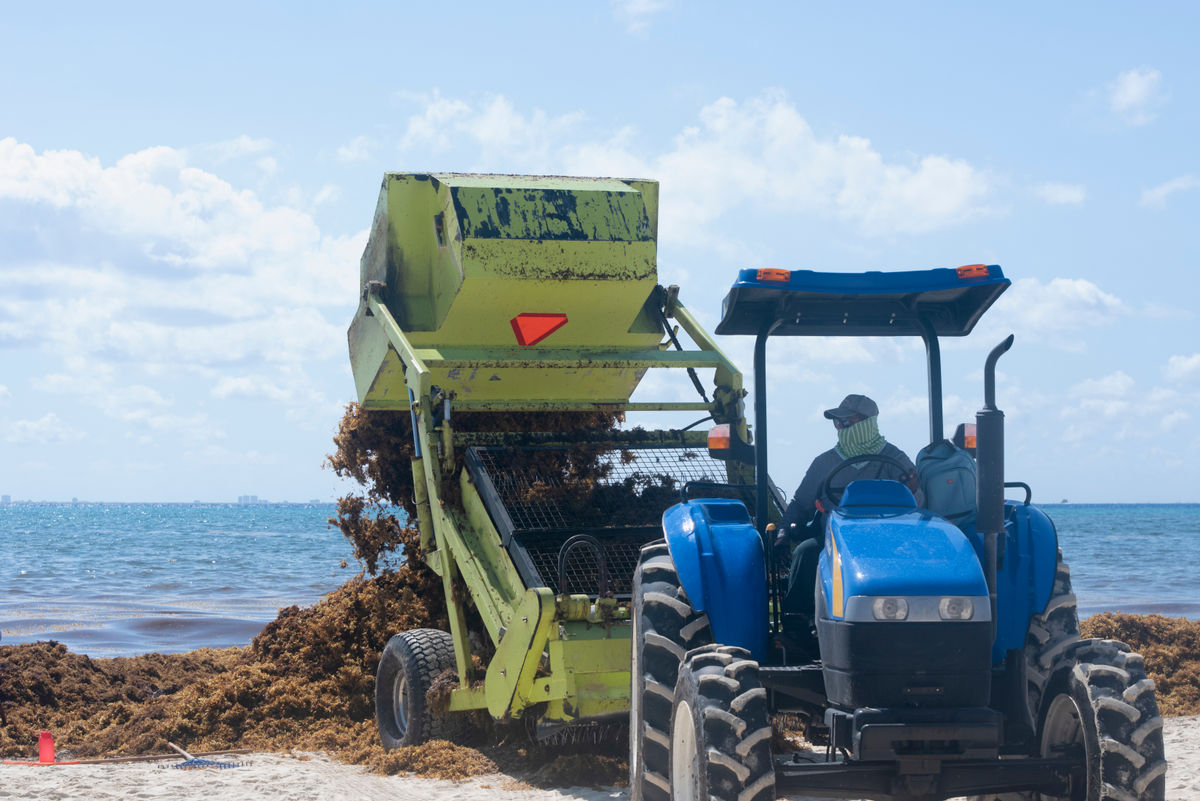A recent survey conducted by Harvest Hosts and Progressive sheds light on the travel behaviors, concerns, and priorities of RVers in 2025.
With responses from over 2,000 RV enthusiasts, the report provides insights that could help industry professionals tailor their offerings to evolving consumer preferences.
The survey, distributed to members of Harvest Hosts and Escapees RV Club, revealed that 31% of respondents identify as full-time RVers, a notably high percentage compared to the general RVing population.
This aligns with the continued appeal of RVing as a lifestyle centered around flexibility and exploration.
Despite economic uncertainties, RV travel remains strong, with 92% of respondents planning to travel the same amount or more this year.
Younger RVers, typically planning trips two to three weeks in advance, rely on online content for destination inspiration, while older RVers, who plan further ahead, prefer traditional travel guides.
Destination trends indicate a shift in travel patterns, with a significant number of RVers expressing interest in visiting the Northeast in 2025.
The East Coast is particularly popular among those aged 55 and older. Meanwhile, younger RVers still favor the Pacific Northwest and Southwest, aligning with trends from previous years.
Looking beyond 2025, Alaska and Canada remain top bucket-list destinations, though few RVers have immediate plans to visit.
For outdoor hospitality businesses, these insights suggest an opportunity to cater to shifting demand. Campgrounds and RV parks in the Northeast may see increased traffic, while those in the Pacific Northwest and Southwest can continue to attract younger travelers.
Operators can also leverage the growing interest in agritourism, with 63% of RVers expressing interest in visiting vineyards, orchards, and other plant-based farms.
Travel companions play a key role in RVing decisions. The survey highlights a strong trend of traveling with pets, especially among younger RVers and full-timers.
Families with children are more likely to own travel trailers and travel for shorter durations, providing a market opportunity for businesses offering family-friendly amenities.
Concerns about campground availability and vehicle breakdowns remain top anxieties for RVers, with 59% citing a lack of campsites as a major stressor. Roadside assistance is an essential consideration for 51% of respondents, emphasizing the importance of reliable service providers in the industry.
Additionally, mobile apps and digital tools are increasingly seen as valuable resources, with nearly 60% of RVers reporting reduced stress when using RV travel apps.
Despite inflationary pressures, affordability remains a strong draw for RV travel. The report found that 71% of respondents spend less than $10,000 annually on RV-related expenses, with younger RVers typically spending more than their older counterparts.
For families, RVing can be a cost-effective alternative to traditional vacations, with 61% of those traveling with children spending less than $8,000 per year.
Harvest Hosts CEO Joel Holland emphasized the resilience of the RV lifestyle, noting that “RVing continues to be a preferred way to travel, offering both affordability and adventure.” The data suggests that while economic conditions may fluctuate, the demand for RV travel remains steady.
For outdoor hospitality professionals, these insights provide actionable takeaways. Businesses can refine marketing strategies based on traveler demographics, enhance services that address common anxieties, and expand amenities catering to pet owners and families.
Additionally, embracing digital tools and alternative accommodations, such as agritourism sites, may help attract the next generation of RVers.
As the industry moves forward, staying attuned to these evolving trends can help operators remain competitive and better serve the needs of modern RV travelers.
.png)
.png) 2 weeks ago
2
2 weeks ago
2








 English (US) ·
English (US) ·  Spanish (ES) ·
Spanish (ES) ·